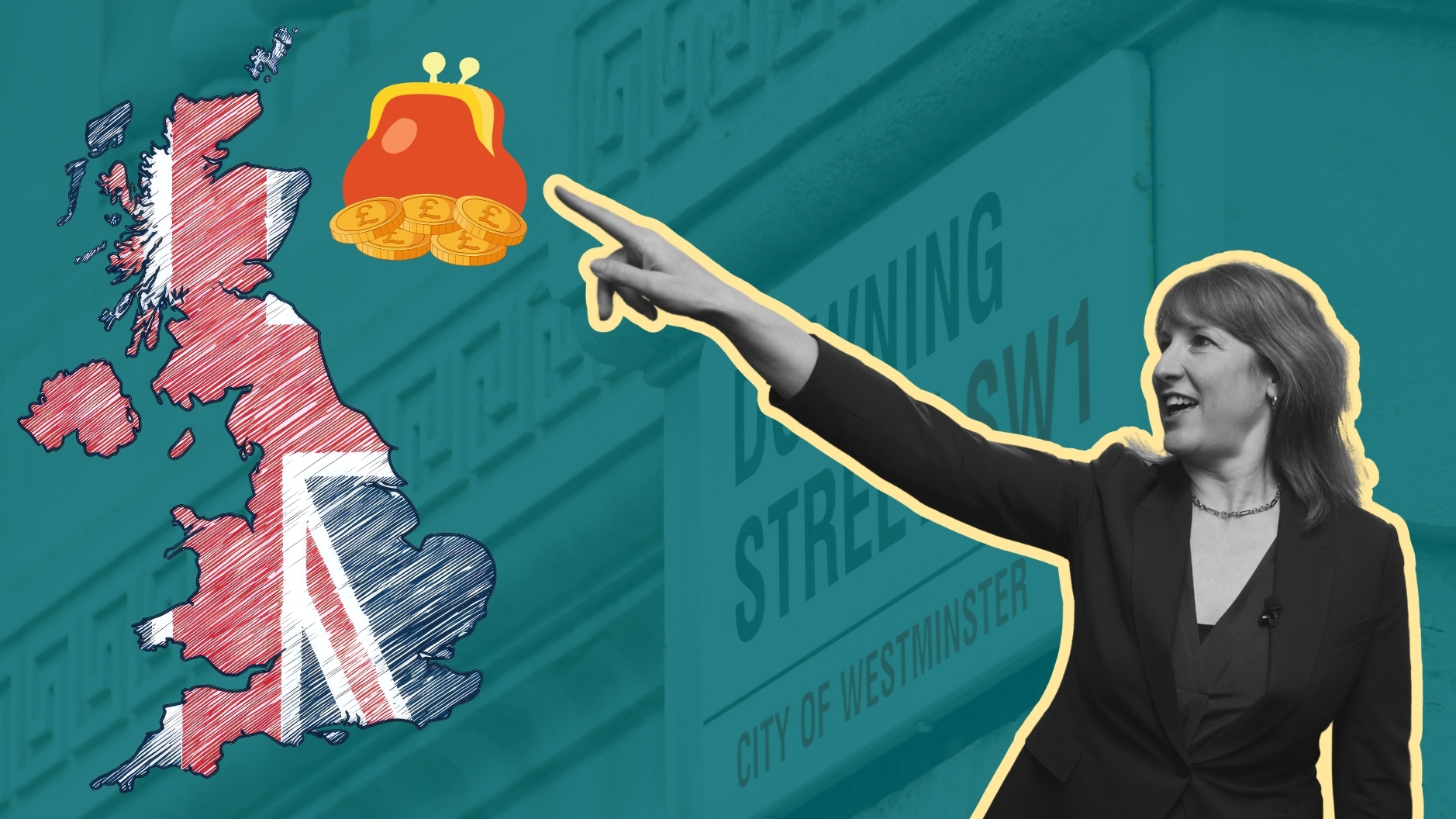Get the latest financial news, insights and expert analysis from our award-winning MoneyWeek team, to help you understand what really matters when it comes to your finances.
You are now subscribed
Your newsletter sign-up was successful
Want to add more newsletters?
The Bank of England has sent "shockwaves" through the bond market, says Edmund Conway in The Daily Telegraph. The ten-year gilt yield fell by 0.32% last Thursday alone; a change of that magnitude in a month is usually deemed a "big move", says John Wraith of RBC Capital Markets. The yield has also dipped below 3% for the first time since records began in the 1950s. The Bank has detailed its plans for quantitative easing (QE): it will essentially print money in order to bolster the economy because slashing interest rates has had no impact. It will spend up to £150bn of electronically created, central bank money on buying up assets, starting with £75bn (5% of GDP) in the next three months, to be spent mostly on gilts. Seventy-five billion pounds represents 30% of the outstanding stock of gilts in the Bank's chosen maturity range of five to 25 years.
This is the first time the Bank has used QE, so the outlook is murky. The extra money in the system may be hoarded and thus fail to stimulate growth. Banks, firms and households are all deleveraging, so a sharp jump in lending and borrowing seems unlikely. If it fails, or doesn't work fast, bonds may rise further. Capital Economics sees the ten-year yield falling to 2.5% in the next few months. But the expanded money supply increases the risk of an eventual jump in inflation. The recent weakness of the pound suggests forex traders have already begun to worry about this, says Breakingviews' Edward Hadas. If fears of inflation return to haunt gilts, there could be plenty of downside in the historically pricey market.
Try 6 free issues of MoneyWeek today
Get unparalleled financial insight, analysis and expert opinion you can profit from.

Sign up to Money Morning
Don't miss the latest investment and personal finances news, market analysis, plus money-saving tips with our free twice-daily newsletter
Don't miss the latest investment and personal finances news, market analysis, plus money-saving tips with our free twice-daily newsletter
Get the latest financial news, insights and expert analysis from our award-winning MoneyWeek team, to help you understand what really matters when it comes to your finances.
MoneyWeek is written by a team of experienced and award-winning journalists, plus expert columnists. As well as daily digital news and features, MoneyWeek also publishes a weekly magazine, covering investing and personal finance. From share tips, pensions, gold to practical investment tips - we provide a round-up to help you make money and keep it.
-
 What do rising oil prices mean for you?
What do rising oil prices mean for you?As conflict in the Middle East sparks an increase in the price of oil, will you see petrol and energy bills go up?
-
 Rachel Reeves's Spring Statement – live analysis and commentary
Rachel Reeves's Spring Statement – live analysis and commentaryChancellor Rachel Reeves will deliver her Spring Statement today (3 March). What can we expect in the speech?

